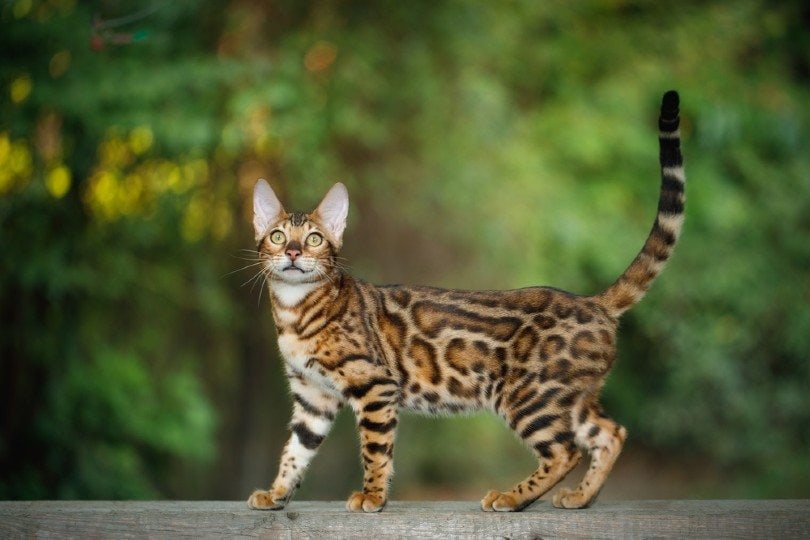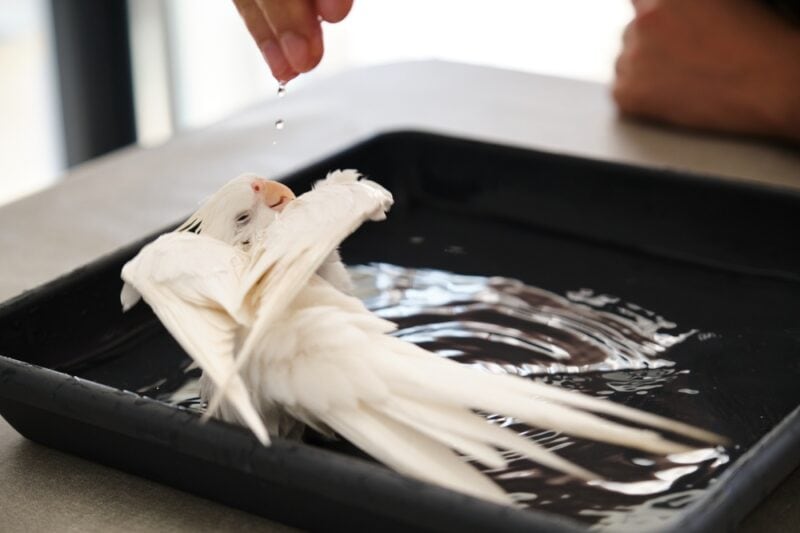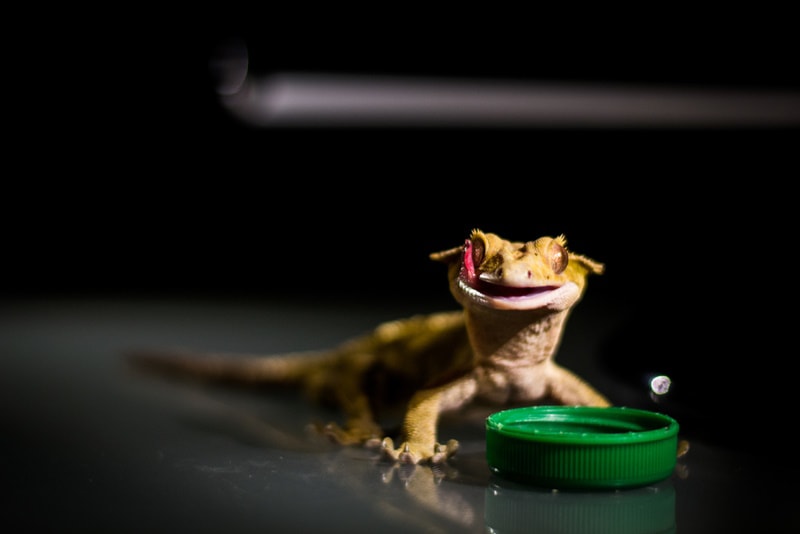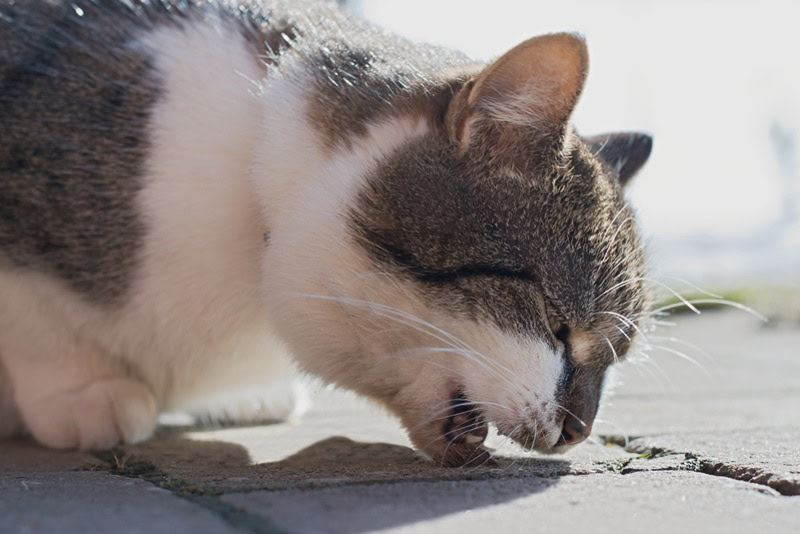VET APPROVED

The information is current and up-to-date in accordance with the latest veterinarian research.
Learn more »Cats are mystifying animals. They are tiny and adorable as kittens, but suddenly, they become stout adults that seem to need little support from their human counterparts. Kittenhood does not last that long, and many owners report that kittenhood goes by much faster than they anticipated. So, at what age will a cat stop growing? The short answer is at about 18 months of age.
However, this time range can vary depending on the breed and size. A few different factors can affect the development of a cat. Just because a kitten gets big does not mean they are an adult, and if they stay small, that doesn’t mean they are not fully grown. It’s a good idea to watch for various signs that your cat is fully grown rather than relying solely on age.
While veterinarians can help you determine the age of your pet cat, there are multiple other ways for you to find out when your cat will reach their full size.

Know What to Expect at Each Stage
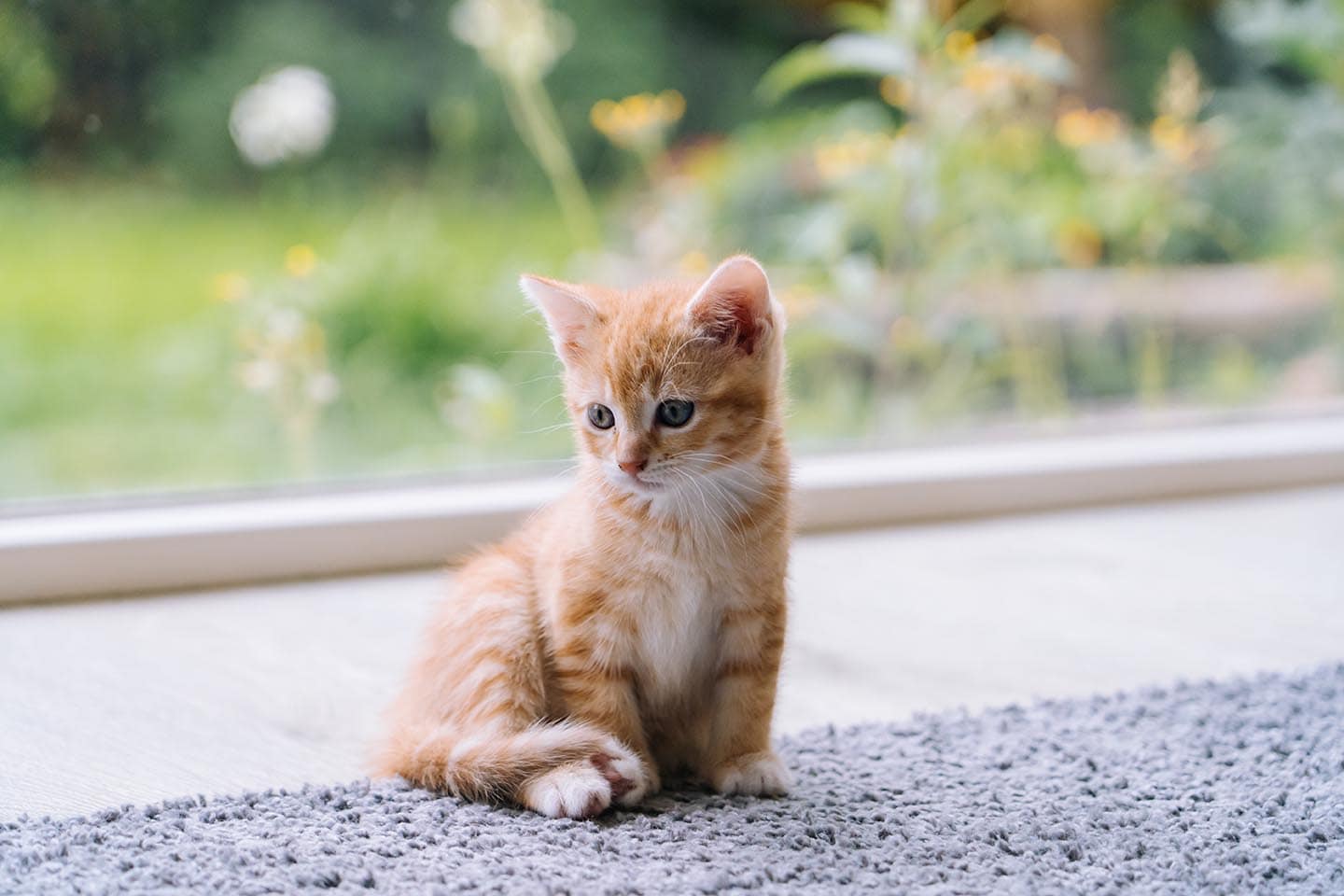
Each stage of life tends to bring about specific actions and behaviors. Understanding these is an excellent way to determine what stage of growth your pet cat is experiencing.
- Up to 3 Months: These kitties are just beginning to explore adult cat food, both wet and dry. They typically weigh between 2 and 4 pounds. Most kittens of this age look for human comfort and interaction to feel safe.
- 3–6 Months: This is usually when a cat goes through puberty. This age typically brings on rambunctiousness, curiosity, and even aggressiveness. You may find that your kitty likes to attack or grab your legs as you walk around the house, or you might notice that the cat enjoys pawing, gnawing, and striking at anything that moves, including the couch pillows and the bed blankets. Most kittens become sexually mature around 6 months of age; speak to your vet about the necessary steps to avoid their reproduction.
- 7–12 Months: This is when your kitty becomes a young adult. Your cat may reach full size but does not reach full maturity. Your kitty’s playful nature will likely calm down at this time, as a sense of independence is realized.
- 12 Months to 2 Years: This is when your cat becomes fully mature. You will not notice any growth spurts, and you should notice a more subtle and manageable personality overall. At this time, your cat has established daily life patterns and routines. They know what they want and they know how to set boundaries.
Signs That Your Cat Has Reached Maturity
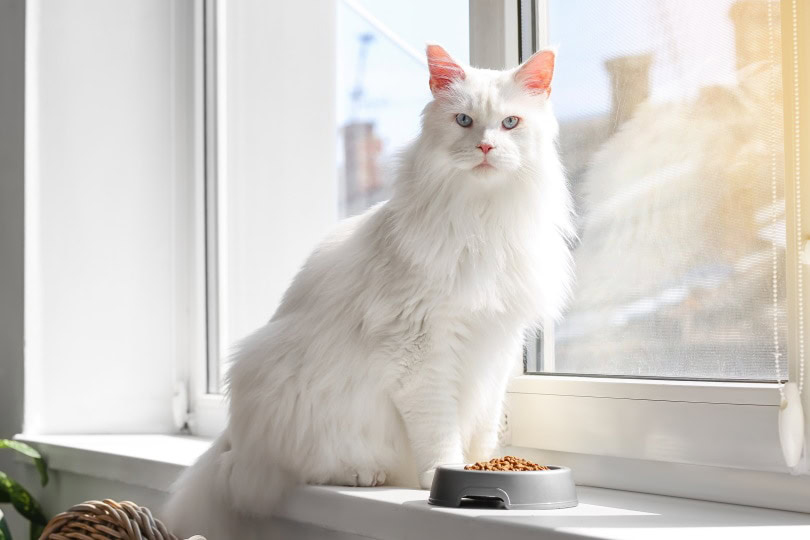
The biggest sign that your cat has stopped growing and has reached maturity is no change in their measurements. Consider measuring your cat’s height, length, and weight each week from the time that they are a kitten. When you notice that there is very little or no change in your cat’s stats for at least a month, chances are that your kitty is done growing.
Most cats reach their young adult stage at 12 months and will stop growing then. However, it will take longer in larger cat breeds like the Maine Coon kittens who might continue growing until they are 18–24 months of age.
Final Comments
The only way to really be sure your cat has stopped growing is to wait until they simply don’t grow anymore. After a few months of being the same size, chances are that your kitty has stopped growing. Depending on the breed, type of food offered, and health conditions, adult cats can be small and slender or large and robust.
See also:
Featured Image Credit: Seregraff, Shutterstock
